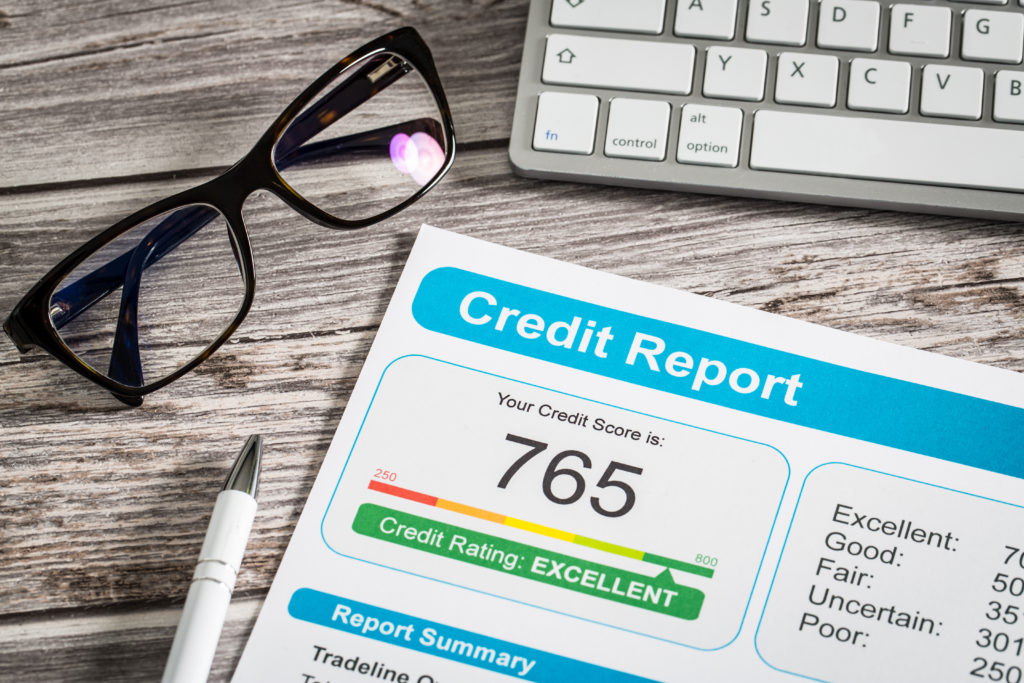Are you looking to improve your credit score? If so, you need to start by jump-starting your credit reports. This means building up a strong credit history as soon as possible. In this blog post, we will discuss some tips for jumpstarting your credit reports and improving your credit score.
What is the importance of credit reports and credit scores?
Credit reports and credit scores are important because they help lenders determine whether or not you are a good candidate for a loan. They also help landlords decide whether or not to rent to you. Credit scores can also affect your insurance rates.
If you have never checked your credit report, now is the time to do so. You are entitled to a free annual credit report from each of the three major credit bureaus. You can request your report online at AnnualCreditReport.com.
Once you have your report, take a look at it closely to make sure all of the information is accurate. If you see anything that looks incorrect, dispute it with the credit bureau.
How do you get a copy of your credit report?
The first step is to contact the credit reporting agencies and request a copy of your report. You can do this by phone, mail, or online. Be sure to have your personal information handy, such as your Social Security number, date of birth, and current address.
You’re entitled to one free credit report from each of the three major credit bureaus every 12 months. However, you can get your reports more frequently if you’re monitoring your credit for identity theft or mistakes.
If you find any errors on your report, be sure to dispute them with the credit bureau right away. By law, they have 30 days to investigate and correct any errors.
How do you read and understand your credit report?
Your credit report is a record of your credit history. It includes information about your loans, credit cards, and other debts. It also includes information about your payment history.
Your credit report can help you understand your financial situation and make better decisions about managing your money. Here are some tips for reading and understanding your credit report:
- Request a free copy of your credit report from each of the three major credit reporting agencies (Equifax, Experian, and TransUnion) once every 12 months at AnnualCreditReport.com.
- Check for errors in your credit reports. If you find an error, dispute it with the appropriate credit bureau.
- Look for red flags that may indicate identity theft, such as accounts you don’t recognize or inquiries from companies you didn’t contact.
- Review your credit report regularly to check for changes.
How to dispute inaccurate information on your credit report?
If you find any inaccurate information on your credit report, you should dispute it immediately. The first step is to contact the credit reporting agency and explain what the error is. Include documentation to support your claim. The credit reporting agency will investigate your claim and make any necessary corrections.
You can also file a dispute with the Federal Trade Commission if you feel that the credit reporting agency has not resolved your issue in a timely or satisfactory manner.
It’s important to keep an eye on your credit report so that you can catch any errors early on and dispute them before they have a chance to impact your credit score. By taking these steps, you can help ensure that your credit reports are accurate and up-to-date.
What are some of the tips for building a good credit history?
There are a few key things you can do to help build your credit history and improve your credit score. First, make sure you always pay your bills on time. This includes any credit cards, loans, or other debts you may have. Keep your balances low as your credit score will be lower if you have high balances on your accounts.
It’s important to shop around before applying to ensure you get the lowest interest rate and costs available. The lender offering the loan will report your payments to one of the credit bureaus, which will help you establish a good credit score with less overall risk.
One of the best ways to deal with out-of-control debt is to consolidate it by taking out a personal loan that charges a lower interest rate than your credit cards. This will reduce your monthly payments and help you pay off your debt more quickly.
Part of your score is based on the amount of credit you have available but aren’t using. The lower your balance (in proportion to the credit limit), the better. By increasing your credit limits, you’ll be improving your credit utilization rate, which is the amount of debt you’re carrying versus your total credit limits — and is a major contributing factor to your credit score.
Use a mix of different types of credit, such as revolving credit (such as credit cards) and installment loans (such as auto or student loans). This shows lenders that you’re able to handle different types of debt responsibly. Finally, don’t open too many new accounts at once. Opening multiple new lines of credit in a short period can hurt your score.
In conclusion
Following these tips can help you build a good credit history, which in turn will lead to a better credit score. A higher credit score can save you money in the form of lower interest rates on loans and lines of credit, so it’s well worth your time to focus on building a strong credit history.















